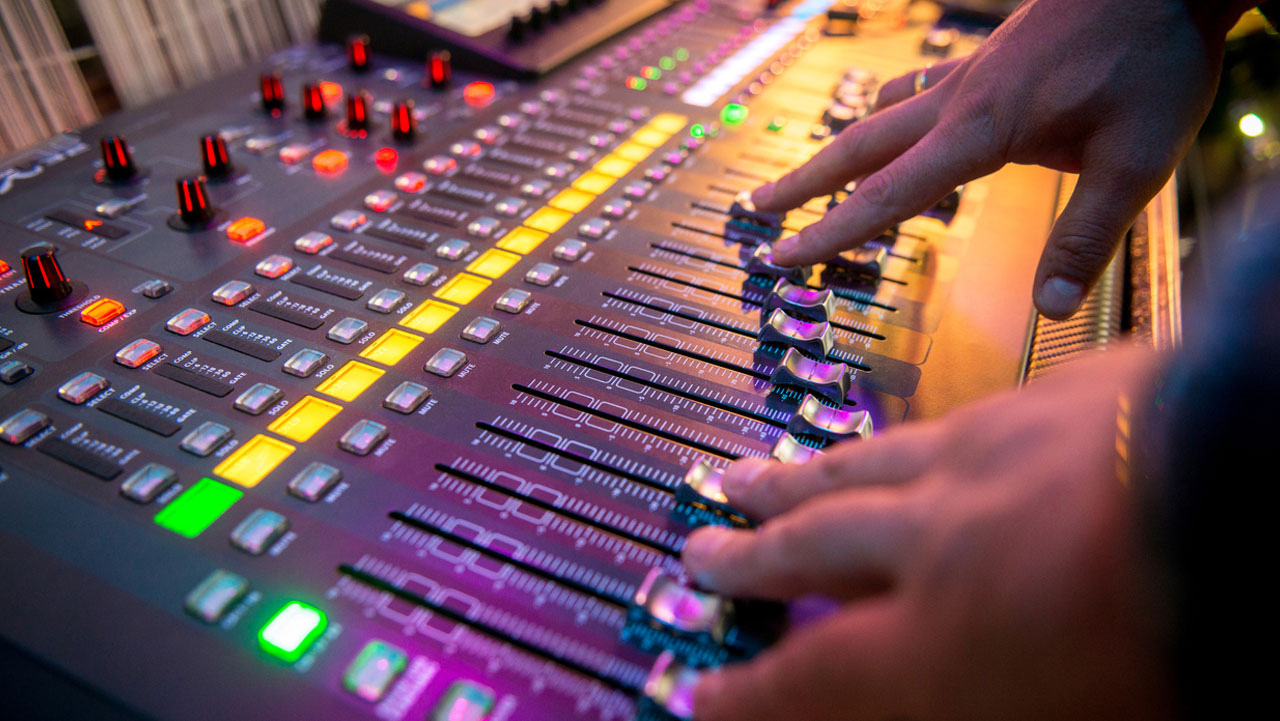Mixing and Mastering

Mixing and Mastering are essential processes in audio production that involve shaping and enhancing the sonic characteristics of recorded music. Mixing combines individual tracks, adjusting their levels, panning, and equalization to create a balanced and cohesive sound. Mixing engineers use a digital audio workstation (DAW) to arrange and process audio tracks, applying effects such as compression, reverb, and EQ.
Case Study - A
The mixing process aims to achieve clarity, depth, and separation between different elements of the music, such as vocals, instruments, and drums. Mixing involves careful attention to detail, ensuring that each element of the mix contributes to the overall sonic landscape without overpowering or clashing with others. Mixing engineers often work iteratively, refining the mix through multiple revisions based on feedback from clients or collaborators.
Case Study - B
Critical listening skills are essential for mixing engineers to identify and address issues such as frequency masking, phase cancellation, and dynamic inconsistencies. Automation tools allow mixing engineers to create dynamic changes in volume, panning, and effects parameters over the course of the song. Mastering is the final stage of audio production, where the mixed tracks are prepared for distribution and playback across different systems.
Case Study - C
Mastering engineers focus on optimizing the overall tonal balance, dynamics, and loudness of the music to ensure consistency and quality across different playback devices. Mastering involves tasks such as equalization, compression, stereo enhancement, and limiting to enhance the clarity, depth, and punch of the music. Mastering also involves sequencing and spacing the tracks, applying fades, and setting the overall loudness levels for a cohesive listening experience.
Case Study - D
Mastering engineers use specialized tools and monitoring systems to make precise adjustments to the audio, taking into account factors such as room acoustics and playback environments. The mastering process often involves working on multiple songs or an entire album to ensure consistency in sound and quality. Mastering engineers may also address technical issues such as noise reduction, clicks, pops, and other artifacts that may affect the listening experience.
The Goal
Mastering is both a technical and artistic process, requiring a deep understanding of audio principles and a keen ear for detail. The goal of mastering is to create a final master recording that translates well across different playback systems and formats, from streaming services to vinyl. Mastering engineers often collaborate closely with artists, producers, and mixing engineers to achieve the desired sonic vision for the music.
Skills Required
The mastering stage is also an opportunity to add final touches or enhancements to the music, such as subtle EQ adjustments or stereo imaging. Both mixing and mastering require specialized skills and experience, as well as an understanding of the technical aspects of audio production. Mixing and mastering are integral parts of the music production process, contributing to the overall quality and impact of the final product.
"In summary, mixing involves combining and balancing individual tracks to create a cohesive mix, while mastering focuses on enhancing the overall sound and preparing the music for distribution. Together, these processes play a crucial role in shaping the sonic characteristics of recorded music and ensuring a high-quality listening experience!"